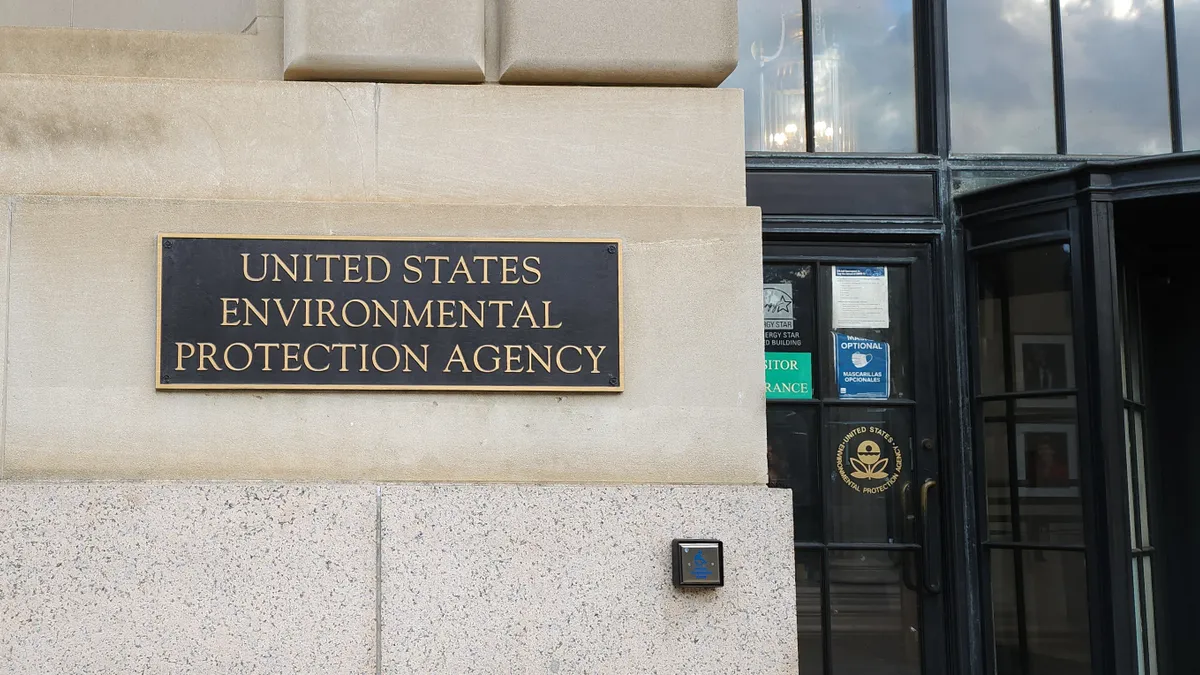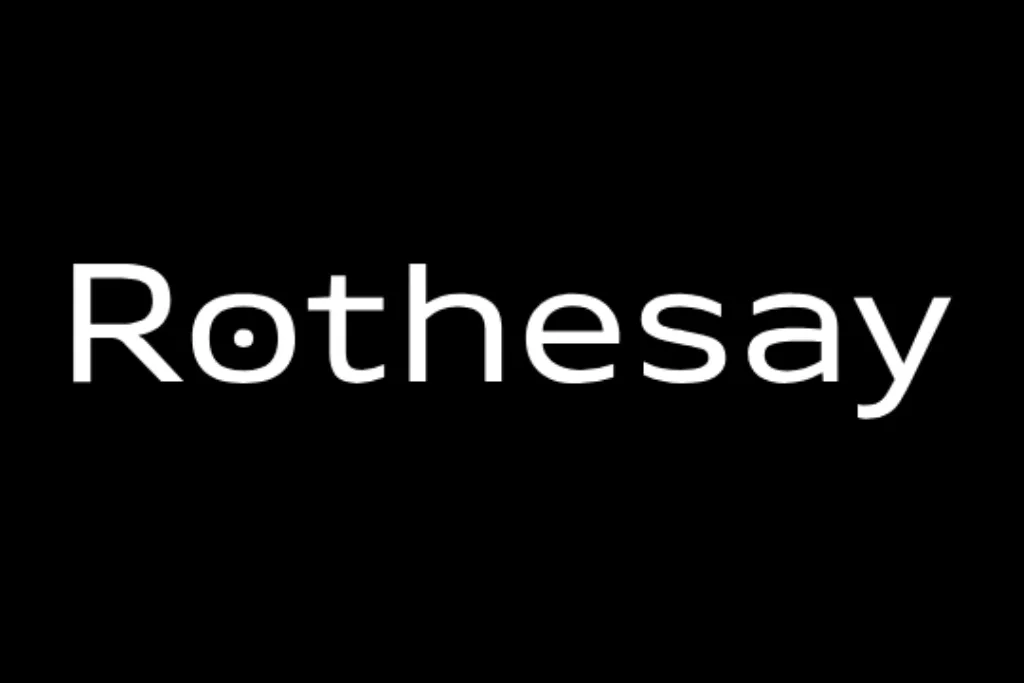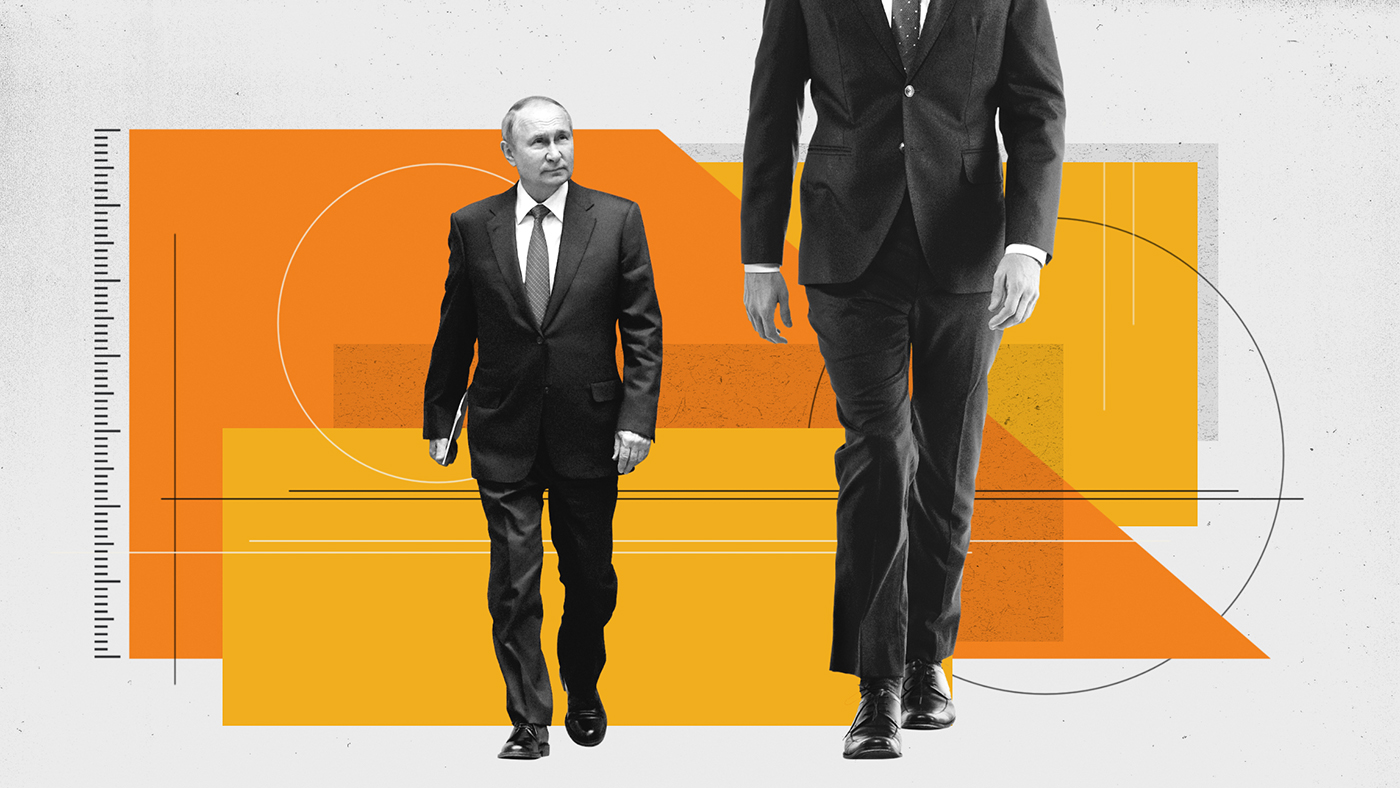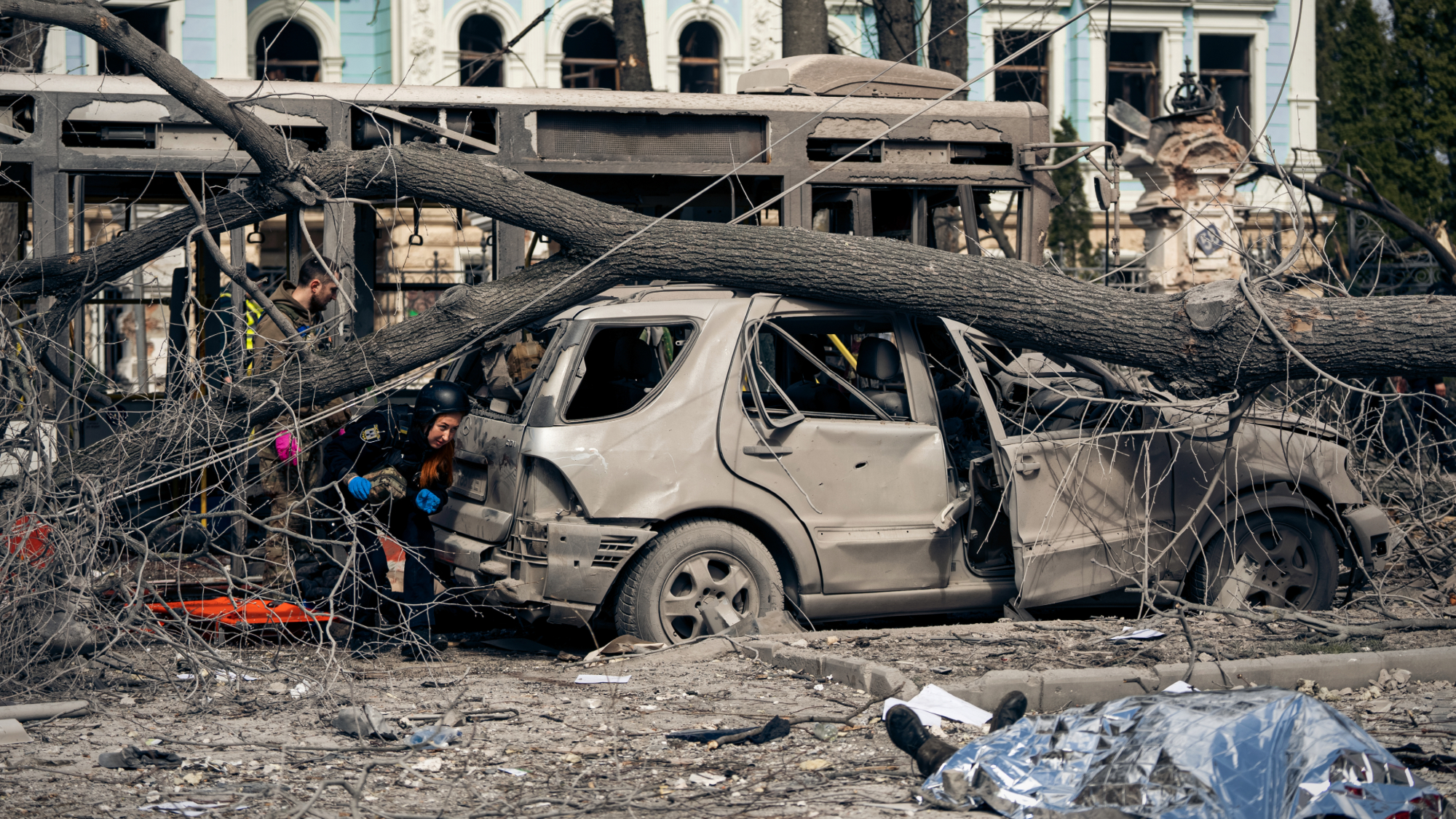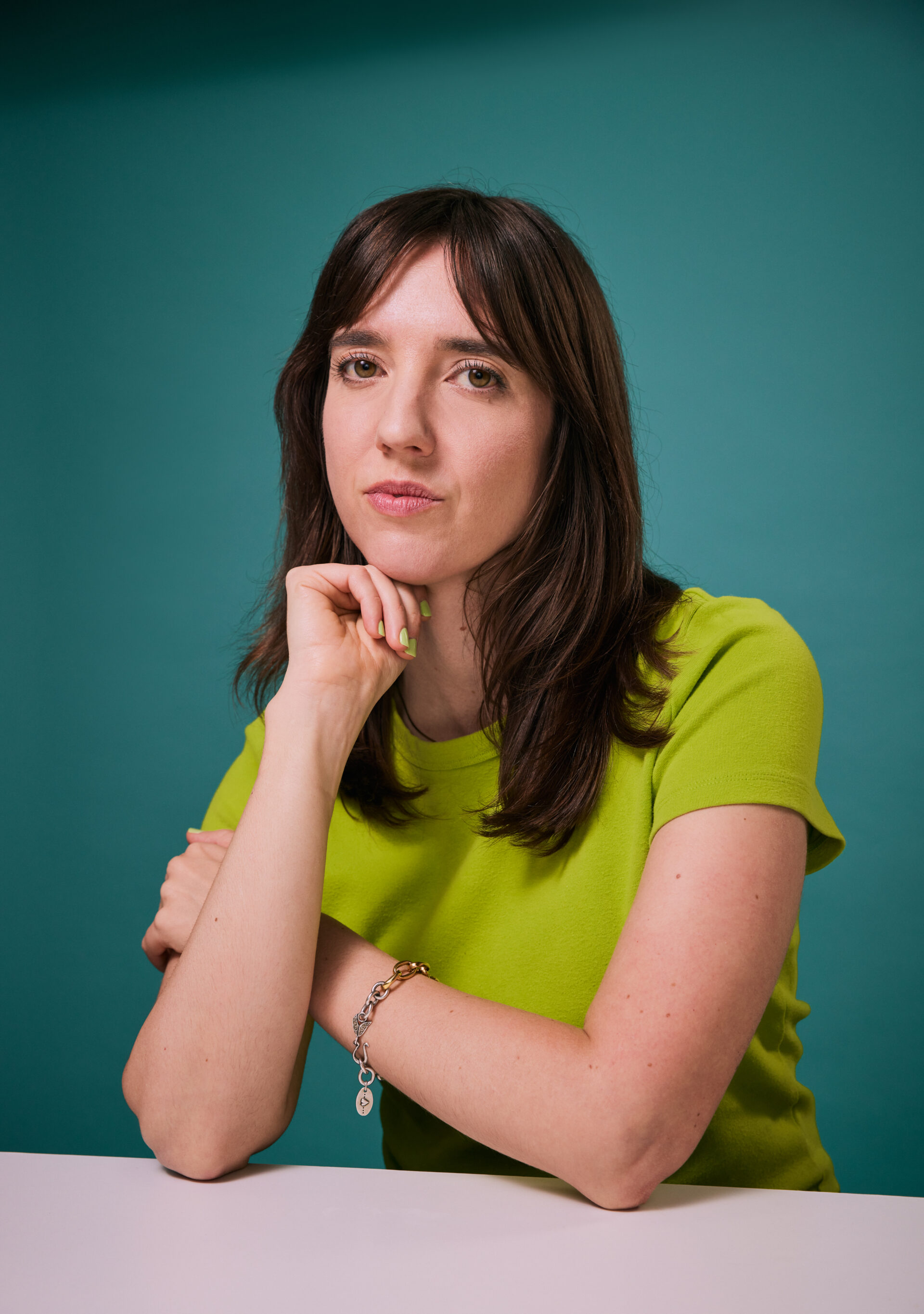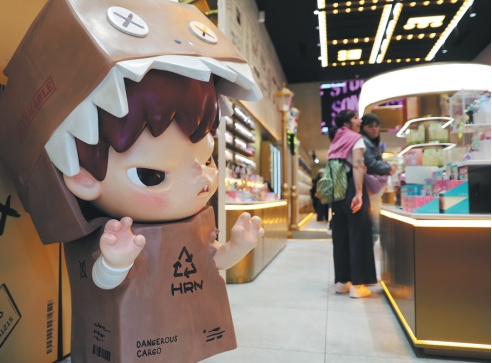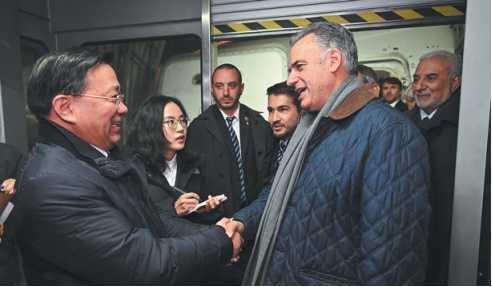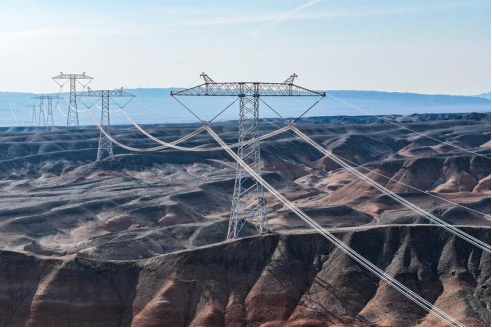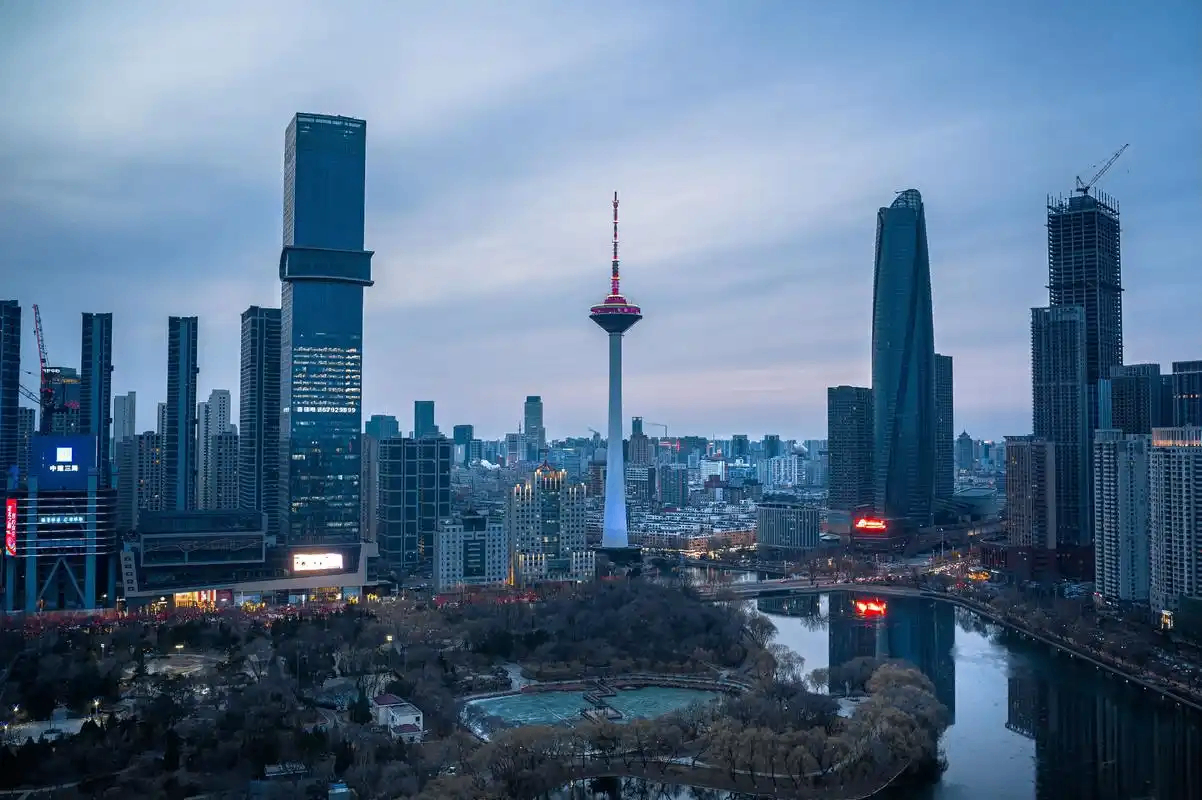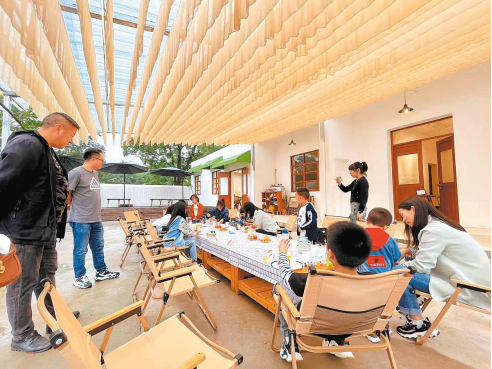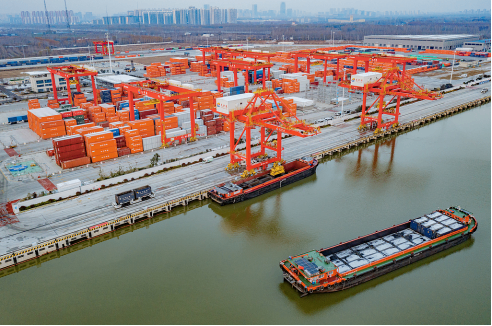Editor’s Note: More than 1.7 million Syrian refugees currently live in Turkey, according to a United Nations report. A Human Rights Watch study says about 400,000 Syrian children in Turkey are not in school because of obstacles such as language barriers, economic hardship and social integration. The Karam Foundation, founded in Chicago in 2007 by two young Syrian-Americans, hopes to improve the situation by providing educational support for some of the thousands of Syrian refugee children.
Ola Said is a Syrian refugee teacher at the refugee school in Reyhanli, Turkey, where the Karam Foundation held a four-day educational program in November. She shared some of the challenges involved with having to help her Syrian students, all of whom struggle daily with their new lives in Turkey, where she herself is also a refugee. Wendy Pearlman, a professor at Northwestern University, who taught in the program, helped edit the translation.
In Syria, I had taught elementary and middle school while I was finishing my bachelor’s degree in English. When the Syrian revolution began in March 2011, my village in the Idlib Governorate became dangerous because it was located near a Syrian army installation and was affected by military operations. After the army committed mass killings in the village, my parents and six siblings and I relocated to Idlib city, where we rented an apartment.
I was a senior in college then and was committed to completing my degree. My father supported me in that goal. But shortly after graduation, it became clear that the violence in Idlib was escalating. In December 2011, we fled to Turkey. My brothers fled to Lebanon, but they later rejoined the rest of the family in Turkey, where I was married two years later.
I was unable to find work as a teacher. Instead, I became an agricultural laborer. But I wanted to get back to the classroom and began to go from school to school searching for a job. Unfortunately, there were no open positions except at the Rawwad School, which had no particular funding. The principal invited me to work but without a salary.
I decided to accept the position, even without pay. Teaching is a human calling. Our children need to learn if they are to be able to build a new land and a new future.
The Rawwad school does not have its own building. It is in a residential building with no campus of its own. It has no basic equipment, no suitable place to play and no laboratories or new educational resources to use for lessons. And there are no books. I have my own personal English book; every day, I photocopy the appropriate pages for my students to use in class that day. It is very expensive. I do not have a computer at home, so must do all of my preparations by hand.
As a teacher, I carry the wounds of my homeland, but also the dreams of the future. Our children have suffered a lot. Most of them have lost someone in their family, or maybe even a parent, which has left them with enormous psychological problems.
After what they have seen in Syria, many of them have been unable to start a new life. Their futures are not clear; many of their dreams and hopes died in Syria. They struggle to focus on their studies and their new environment. They struggle to build their dreams again.
Many of our students’ psychological problems show themselves in the classroom. During one lesson, I was teaching the English words for family members, like father, mother, brother, etc. When I explained what the word “father” meant in Arabic, I looked over and was shocked to see that one of my students had started to weep. I asked him why, and he said that his father had been killed. All of my students suddenly began to talk about their own suffering and who in their families had died.

Syrian students acting out Antigone at a refugee school in Reyhanli, Turkey. Photo courtesy of Karam Foundation
I did not know what to do at that moment. My whole class was simultaneously in the midst of remembering the horrors of what they had seen in Syria. How could I continue teaching without being affected by their stories? I gave them some time to talk and then said to them: after everything that has happened to us, we need to be strong and build our future again. Many people in the world are also suffering, but they keep living.
Being a refugee means not being able to live a normal life, because life has deprived you of the dreams you used to have. But you have to be a strong enough person to face these difficulties. As a teacher, I decided to build a new future and new dreams that are appropriate for my new circumstances in Turkey. I have hope that we can build a new generation that will be able to build itself and its country, Syria, once again.
Being a refugee changed my life completely. As a teacher, I carry the wounds of my homeland, but also the dreams of the future. I decided to start again, trying to forget the bitter and painful reality that life had become.
When the war started in Syria, we first saw the destruction of our homes. Then everything we knew was soon destroyed and chaos ensued. As Syrians, there was no choice but to flee to a neighboring country, such as Lebanon, Jordan or Turkey. I abandoned my home, my work, everything I had ever known. In Turkey, I am now responsible for my own family and their financial needs. Our journey has been no tourist trip. Every day has been made up of the painful reality that I have been forced to live.
Popular News




Current News
Manufacturing

Collaboratively administrate empowered markets via plug-and-play networks. Dynamically procrastinate B2C users after installed base benefits. Dramatically visualize customer directed convergence without
Collaboratively administrate empowered markets via plug-and-play networks. Dynamically procrastinate B2C users after installed base benefits. Dramatically visualize customer directed convergence without revolutionary ROI.





About Us
Tech Photos






